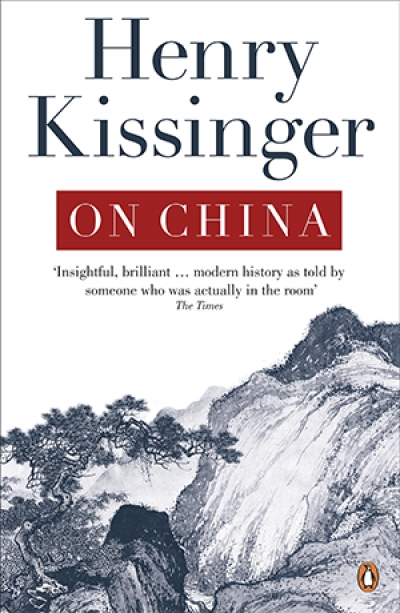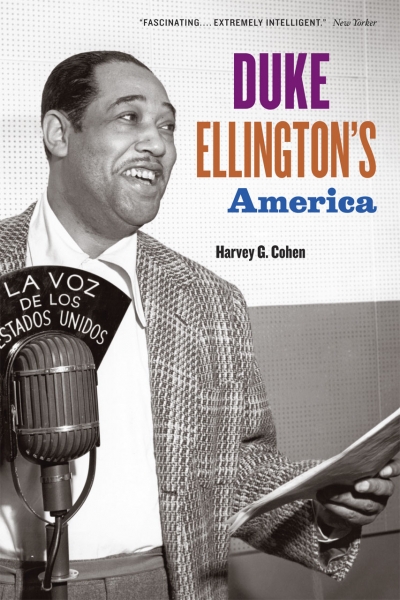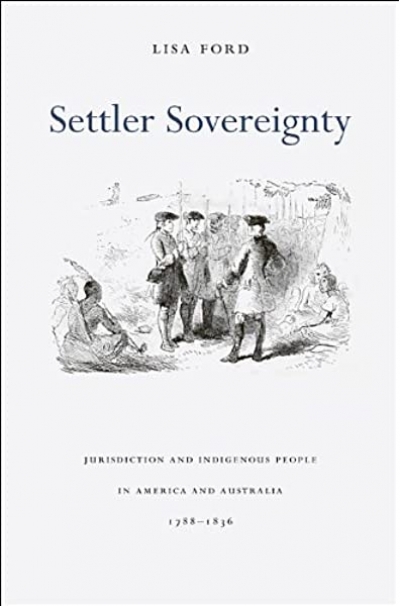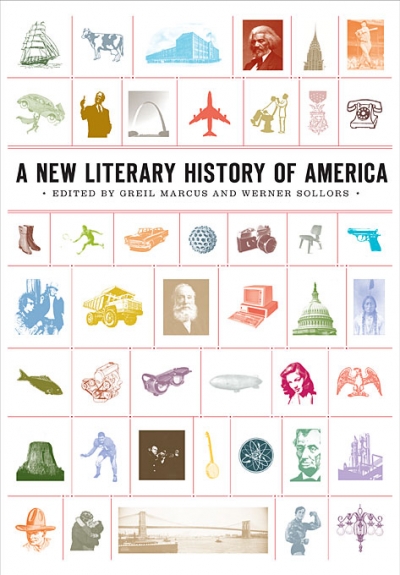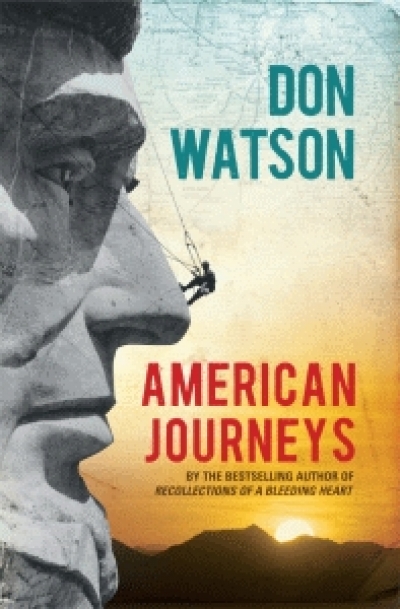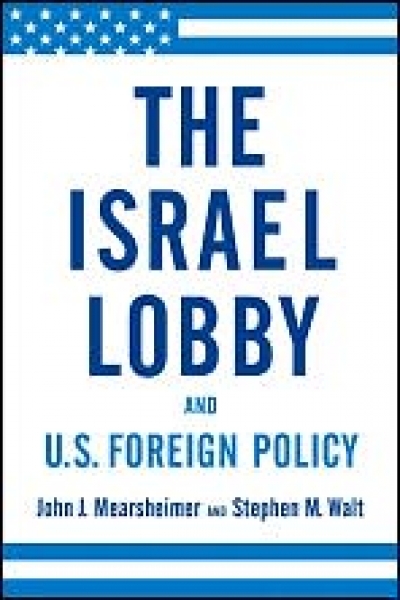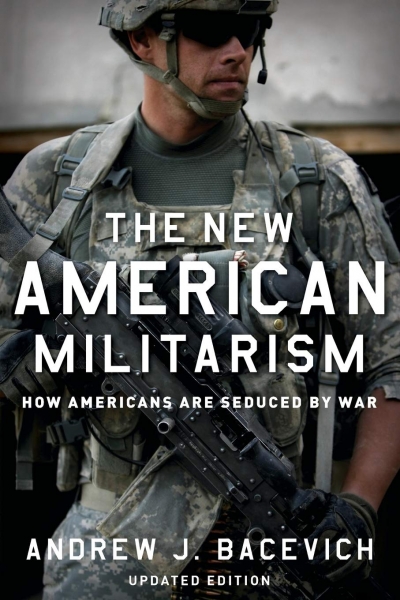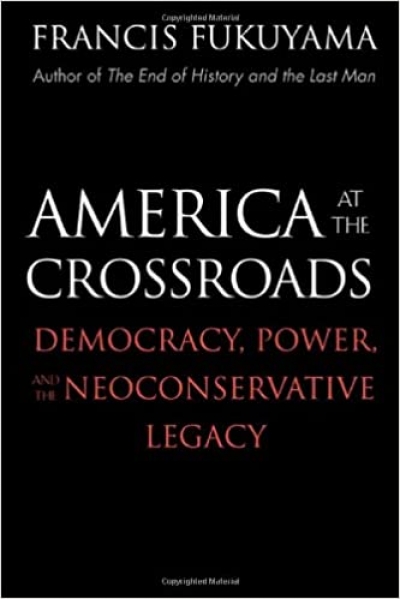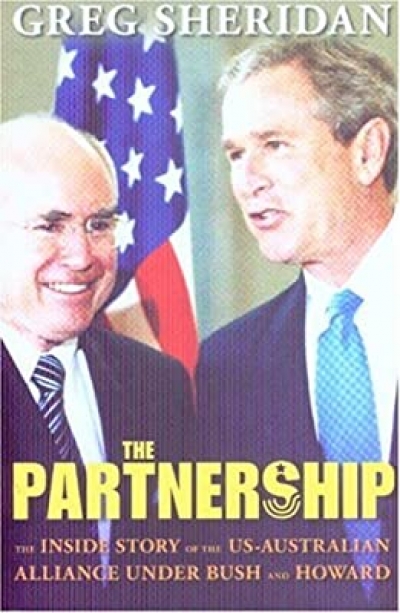America
Settler Sovereignty: Jurisdiction and indigenous people in America and Australia, 1788–1836 by Lisa Ford
by Henry Reynolds •
A New Literary History of America edited by Greil Marcus and Werner Sollors
by James Ley •
The Israel Lobby and US Foreign Policy by John J. Mearsheimer and Stephen M Walt
by Peter Rodgers •
The New American Militarism by Andrew J. Bacevich & Unintended Consequences by Kenneth J. Hagan and Ian J. Bickerton
by Richard Broinowski •
After The Neocons by Francis Fukuyama & Ethical Realism by Anatol Lieven and John Hulsman
by Hugh White •

